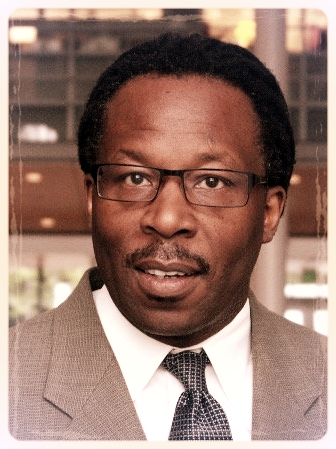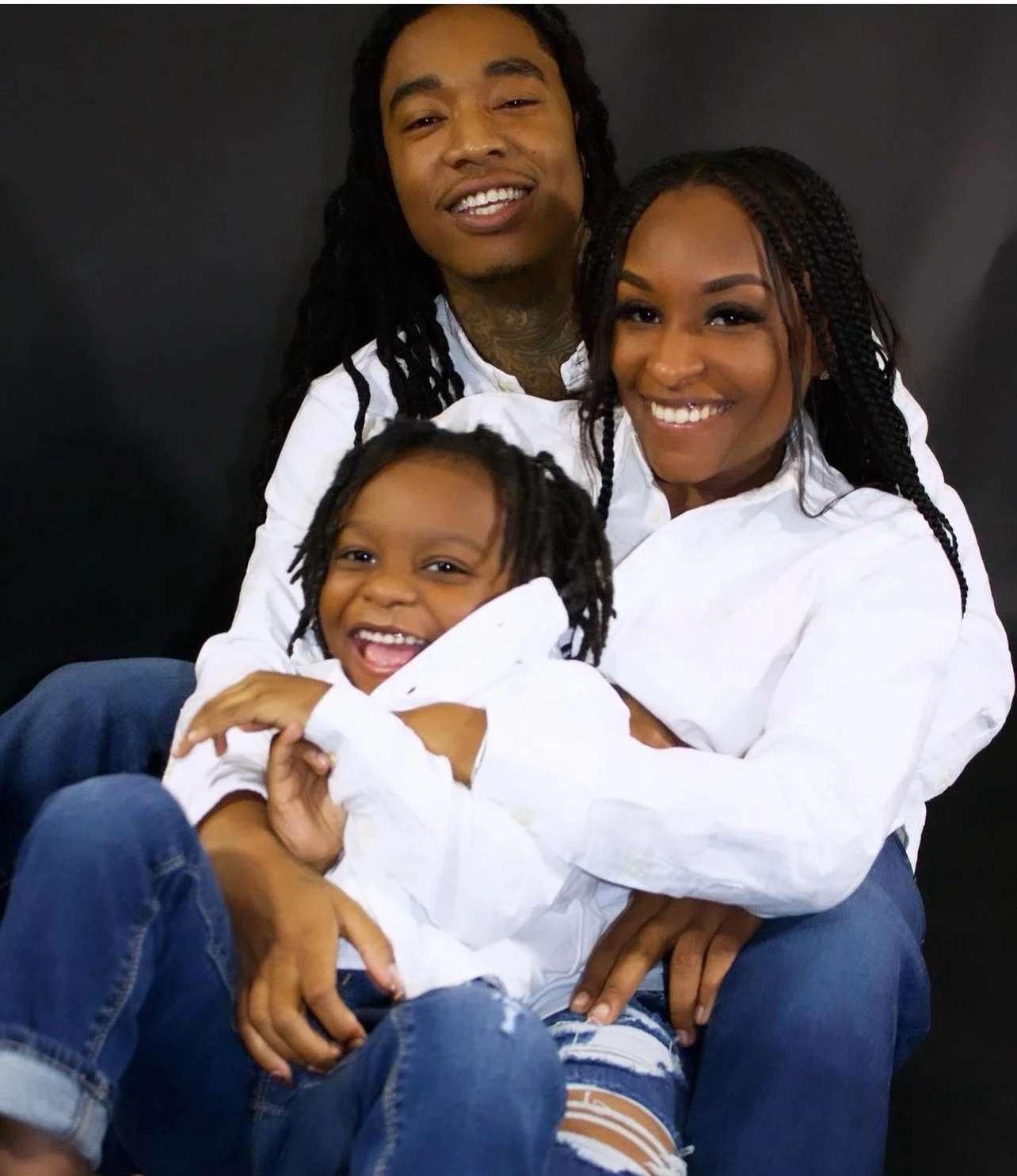Done? Thanks.
So, you just read Raftery describing the backlash in some of Seattle’s “whitest, most affluent corners” to the day last fall when a couple thousand of the city’s teachers wore Black Lives Matter shirts to school. She shares snippets of emails from parents expressing fear and anger to their school leaders, and it paints a pretty intense picture of what is actually happening inside the minds of so many “good” liberal parents.
Seattle is plagued by the privileged white moderate, the wolf in liberal clothing who has all the right yard signs and claims all the most inclusive beliefs, but whose actions reflect fear, privilege and an urgent need to not feel upset. Stephan Blanford, the only true voice for equity on the Seattle school board, calls it “Seattle’s passive progressiveness.”
“We vote the right way on issues,” Blanford told Raftery. “We believe the right way. But the second you challenge their privilege, you see the response.”
Honestly, reading the emails, most of these parents just sound scared and confused. They genuinely don’t understand the impetus and the meaning behind the Black Lives Matter movement. So, I’m going to do my best to answer their questions, starting today with this one:
Wrote a parent at Laurelhurst Elementary: “Can you please address … why skin color is so important? I remember a guy that had a dream. Do you remember that too? I doubt it. Please show me the content of your character if you do.”
Dear Laurelhurst Parent,
Skin color is important because our weird society -- yours and mine -- has made it so. People who cannot pass for white, which is itself a social construct and not an actual race, have always been treated differently in America. Always, up to and including today. Slavery was replaced by Jim Crow, which was replaced after the Civil Rights Movement by the War on Drugs and the mass incarceration of our Black brothers and sisters.
Did you know that Native Americans were not legally allowed to practice their traditional religious ceremonies in the U.S. until the ‘80s? We’ve been doing our best as a nation to eradicate their culture from this land as well as their bodies, from the genocide of “manifest destiny” to the shame of our state-sanctioned brutality at Standing Rock.
We have a president now who is encouraging hate and discrimination against immigrants of any origin, but especially against Mexicans and Muslims. Did you know that a mass grave filled with bodies of immigrants was found in Texas a few miles from the Mexico border? The state said it found “no evidence” of wrongdoing.
On a level that is super local to you, Seattle Public Schools discipline Black students at a disproportionate rate -- so much so that the federal government had to come down on them a few years back. The district still shamefully boasts the nation’s fifth-worst achievement gap between Black and white students, and similar gaps exist for all non-white student populations as well as for low-income students regardless of race.
The Black Lives Matter movement started after a teenage boy named Trayvon Martin was shot and killed by a white guy for the crime of wearing a hoodie while Black. It has been sustained by continued police violence against innocent Black men and women, with police officers continually acquitted.
So, because it sure seems like our society doesn’t actually believe that Black Lives Matter, people felt the need to say it. It’s not that white lives don’t matter. America already obviously values white lives. White lives and white safety are not particularly at stake here. Black Lives Matter mentions color because it has to.
The next time you invoke Martin Luther King, Jr., I suggest you better familiarize yourself with his beliefs and his non-whitewashed legacy. Start here: Letter from a Birmingham Jail. Have you ever read it?
Please do. If you have anything you’d like me to read up on, please pass it along. Then let’s talk. What do you say?
Best,
Matt
Up next, from Eckstein Middle School in Wedgwood:
“What about red and black or yellow and white and black? How does supporting Black Lives Matter help that gap?”
Stay tuned.














